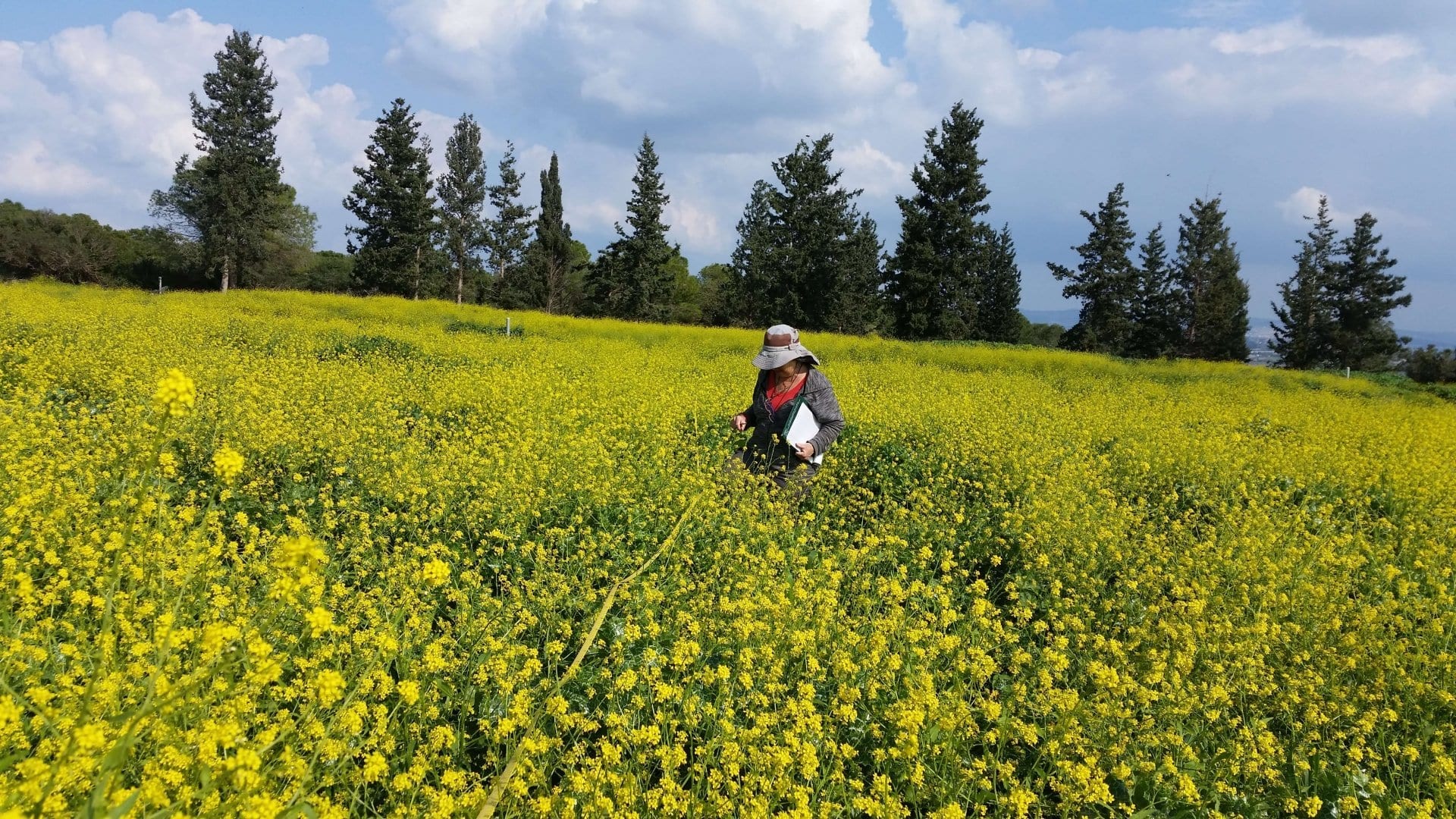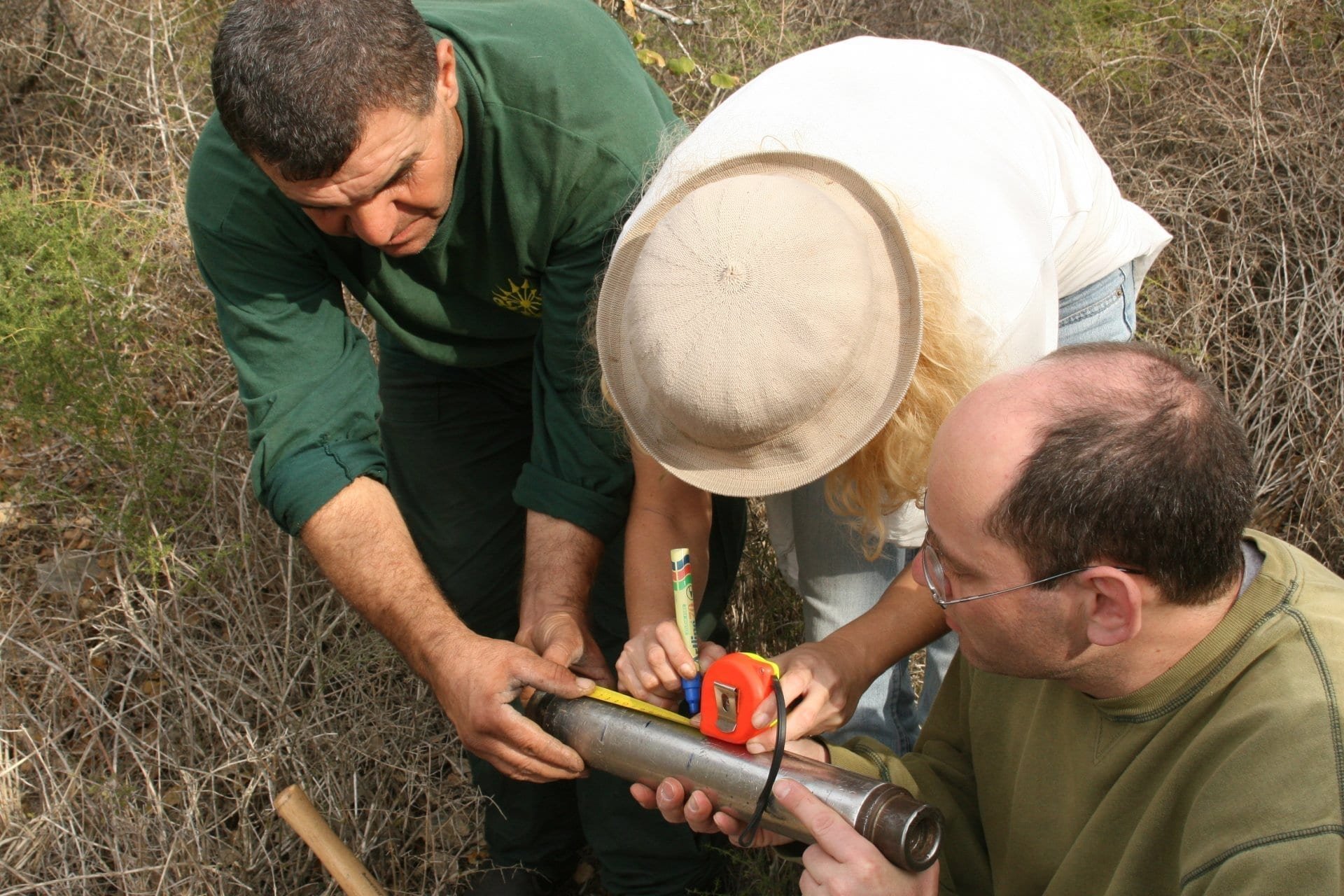We reached the understanding that we have over 20 years of short-term research behind us, during which a very large amount of data has accumulated from more than 40 researchers on a range of topics, methods and scales. These data were collected without long-term considerations and with no integration between them.
On the other hand, many topics we deal with at Ramat Hanadiv – such as vegetation development (succession), effects of different management actions and disturbances (such as fire, grazing, wood cutting) on the ecosystem, as well as the impact of climate change – require long-term research. This research is designed to guide park management and act as an ecological knowledge base that will also be used to develop different educational programmes.
After a period of discussion, an LTER station was established at Ramat Hanadiv in September 2003.
Within the framework of this activity, and in addition to studies dealing with specific research questions, the programme at Ramat Hanadiv includes long-term monitoring of several predetermined variables and organisms:





